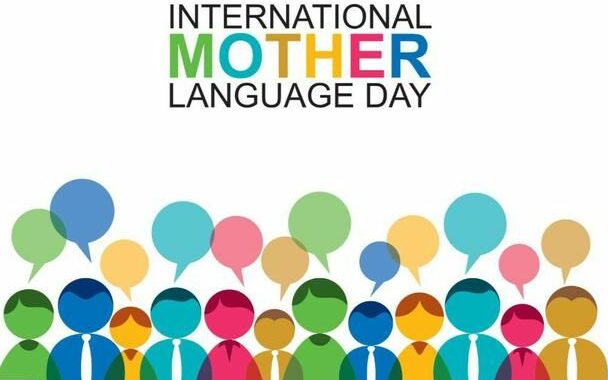New Delhi: The International Mother Language Day is observed every year on February 21 to encourage global linguistic and cultural variety and multilingualism. Language has a huge cultural and intellectual history in addition to being a medium of communication.
Pakistani soldiers had open-fired on Bangla-speaking civilians on February 21, 1952, resulting in several deaths and the establishment of Bangladesh.
In 1998, two non-resident Bangladeshis from Canada, Rafiqul Islam and Abdus Salam, wrote to the then Secretary General of the United Nations, Kofi Annan. They asked the United Nations to safeguard the world’s endangered languages by recognising February 21 as International Mother Language Day. In 1999, UNESCO approved the idea. As a result, Bangladesh has declared the day a national holiday.
“Using technology for multilingual learning: Challenges and opportunities,” is the theme for 2022. “The focus is on the potential role of technology to advance multilingual education and support the development of quality teaching and learning for all.”
The UN will hold discussions on the role of technology in advancing multilingual education and supporting the development of high-quality teaching and learning for all, under the topic.
According to demographic reports, India has nearly 121 languages, of which 22 languages are listed in part A of the eighth Schedule of the Constitution.
The scheduled languages in the Constitution include Assamese, Bengali, Gujarati, Hindi, Kannada, Kashmiri, Konkani, Malayalam, Manipuri, Marathi, Nepali, Oriya, Punjabi, Sanskrit, Sindhi, Tamil, Telugu, Urdu, Bodo, Santhali, Maithili, and Dogri.
Part B constitutes the remaining unscheduled 99 languages. Besides, India has nearly 270 mother-tongues.

